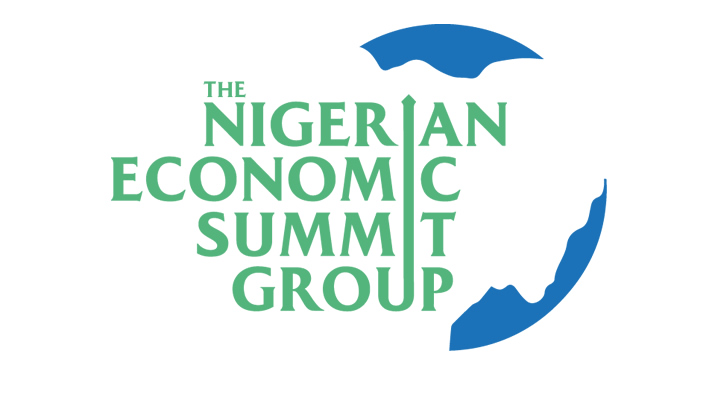Paragraph 1: The Crux of the VAT Debate in Nigeria
The Nigerian economy finds itself at a critical juncture regarding its Value Added Tax (VAT) system. The Nigeria Economic Summit Group (NESG), a prominent private sector-led think-tank, has issued a stark warning to the Federal Government: failing to increase the VAT rate as part of the ongoing tax reform process could lead to substantial revenue shortfalls. This assertion sets the stage for a complex debate pitting the need for increased government revenue against the potential burden on citizens already grappling with economic hardship. The NESG argues that while simplifying the tax system is a laudable goal, it shouldn’t come at the cost of the government’s ability to fund its ambitious budget plans.
Paragraph 2: Balancing Reform and Revenue Generation
The NESG’s CEO, Dr. Tayo Aduloju, emphasizes the need for a delicate balance between simplifying the tax system and ensuring adequate revenue generation. He acknowledges the importance of streamlining the tax code, reducing the multiplicity of taxes that businesses and individuals face, and improving efficiency. However, he cautions against prioritizing simplification to the extent that it cripples the government’s financial capacity. According to Aduloju, merely reducing the number of taxes without a corresponding increase in the VAT rate would undermine the government’s revenue base, potentially hindering crucial development initiatives.
Paragraph 3: The Case for a VAT Rate Increase
Aduloju contends that a VAT rate increase is necessary to offset the revenue loss that might result from streamlining the tax system. He argues that even a delayed increase, perhaps postponed for three years, would still be a "win" for the Nigerian economy. This delay would allow the government to demonstrate the efficiency gains from simplifying the tax system before introducing a higher VAT rate, potentially making the change more palatable to the public. The NESG believes that a more efficient tax system, even with a slightly higher VAT rate, would attract more investment by creating a more predictable and less burdensome environment for businesses.
Paragraph 4: Unlocking Investment Opportunities
Beyond the VAT debate, the NESG emphasizes the importance of attracting foreign direct investment (FDI) to bolster Nigeria’s revenue base. Aduloju points out that Nigeria possesses significant assets that could attract substantial FDI, but these assets are often hampered by legal, regulatory, and policy bottlenecks. He calls for reforms to address these impediments, unlocking the country’s investment potential and generating much-needed revenue. This approach, the NESG suggests, offers a complementary strategy to a VAT increase, diversifying revenue streams and reducing reliance on any single tax source.
Paragraph 5: Coordinating Fiscal and Monetary Policy
Addressing the issue of inflation, the NESG advocates for improved coordination between fiscal and monetary policies. Aduloju identifies energy security, particularly inefficiencies within the downstream petroleum sector, as a key driver of inflationary pressures. He underscores the need for policies that promote energy efficiency and stability to mitigate the impact of rising energy costs on the overall economy. This integrated approach, involving both fiscal and monetary measures, is seen as crucial to managing inflationary risks and promoting sustainable economic growth.
Paragraph 6: Opposing Voices and Legislative Decisions
The NESG’s call for a VAT increase has met with resistance. The Trade Union Congress of Nigeria (TUC) and the Nigeria Governors’ Forum have expressed strong opposition to the proposed VAT hike outlined in the Federal Government’s Tax Reform Bills. They argue that increasing the VAT rate would exacerbate the economic hardships faced by ordinary Nigerians. This public resistance reflects the sensitive nature of the VAT debate and underscores the need for careful consideration of the potential social and economic consequences of any changes to the tax system. The House of Representatives has also weighed in, rejecting the proposed staggered increase in VAT to 15% by 2030, further complicating the government’s efforts to reform the tax system and secure its fiscal position. This legislative pushback highlights the political challenges involved in navigating the complexities of tax reform and the need for a broader consensus on how to achieve both revenue generation and economic equity.


